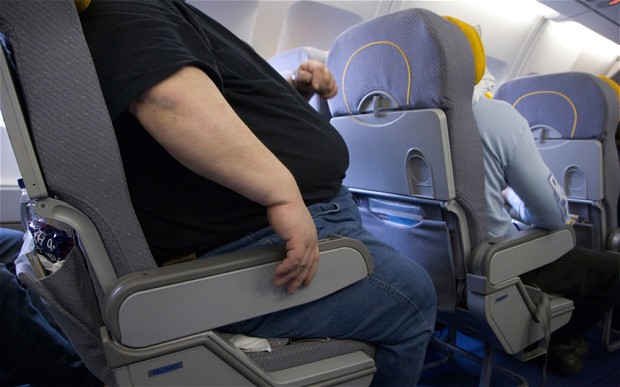The devastating cost of carrying excess pounds in middle age has been highlighted in a new study which shows every extra point of BMI speeds up the onset of Alzheimer’s disease by nearly seven months.
Although previous studies have suggested that a healthy diet and exercise can ward off dementia, it is the first time that the impact of poor lifestyle has been quantified so starkly.
The obesity epidemic has risen alongside the increase in dementia, and scientists have long suspected a link.
Now US researchers from the government-affiliated National Institute on Ageing have found that even having a BMI (Body Mass Index) just one point over a safe level, speeds up the onset of dementia for people aged 50 or over. For people who are seriously obese, they could develop neurodegenerative disease years a decade before they would have if they were a healthy weight.
“We think these findings are important because they add to a substantial amount of knowledge about how obesity affects Alzheimer’s disease,” said lead author Dr Madhav Thambisetty.
“But more importantly, it indicates if we can maintain a healthy body mass index even as early as midlife, it might have longlasting protective effects towards delaying the onset of Alzheimer’s disease decades later.”
Source: Body Mass Index predicts how soon Alzheimer’s will develop – Telegraph








